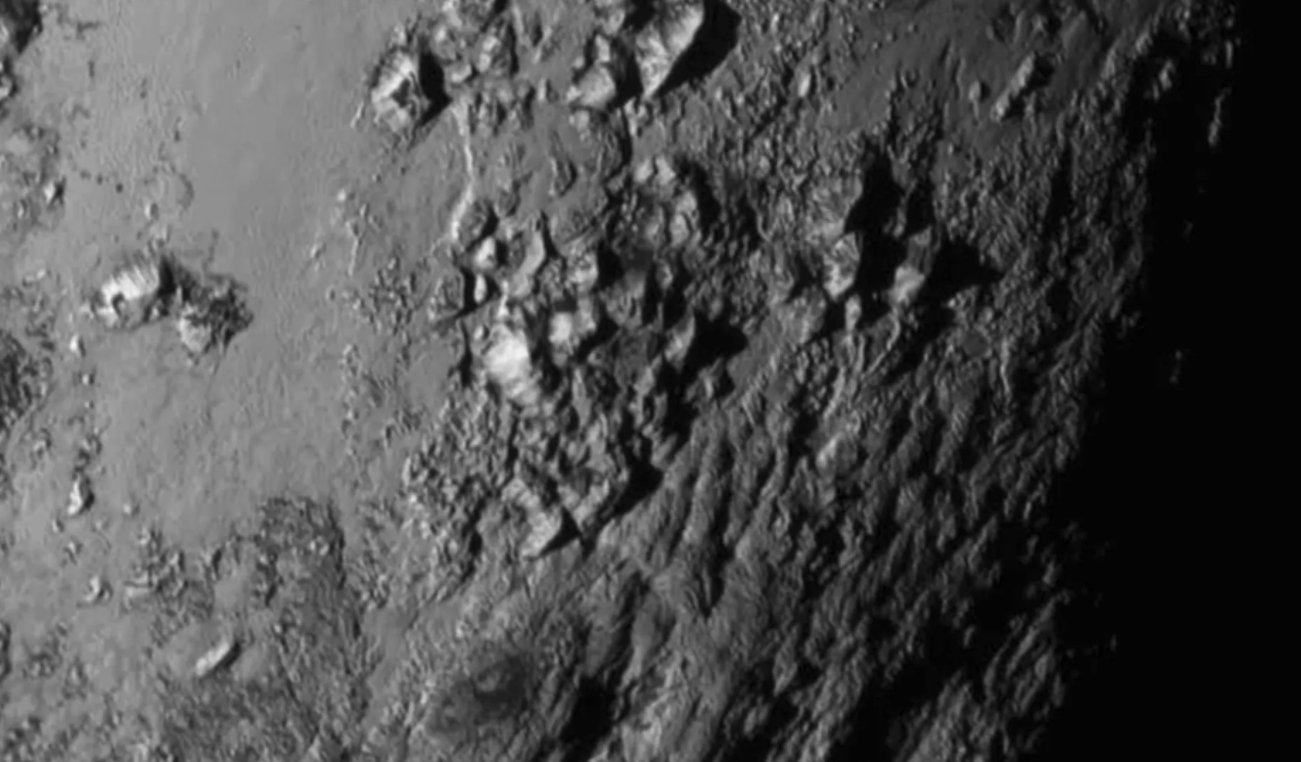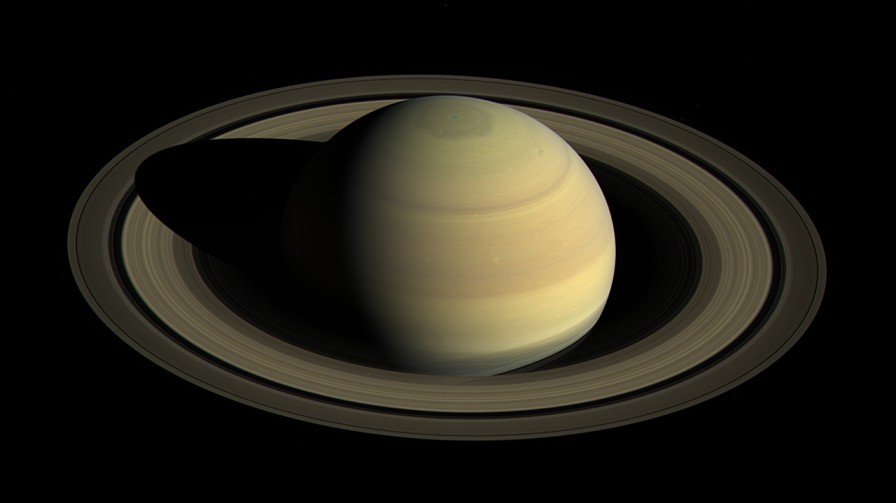The Polarizing Reasons Pluto is Not a Planet Anymore
Pluto was previously considered a planet since its discovery in 1930 by Clyde Tombaugh. Pluto had little resistance to its classification as the ninth planet upon its discovery.This may have been a slight case of confirmation bias since the presence of a "ninth planet" or "planet X" was hypothesized by Percival Lowell. Lowell believed that the apparent discrepancies of Uranus were the causation of another planet beyond Neptune.Pluto was within only 6 degrees of the predicted location of the ninth planet predicted by Lowell. However, Lowell predicted that this planet would be around 6.6 the mass of Earth.As telescopes improved, we were able to learn more about Pluto. In 1950, Gerard Kuiper observed Pluto as a spherical world using a 200-inch telescope at Mount Palomar. Kuiper estimated that Pluto's diameter was around 5,900 kilometers.In 1965, Pluto passed near a star allowing astronomers to conclude that Pluto was a small body. As…


